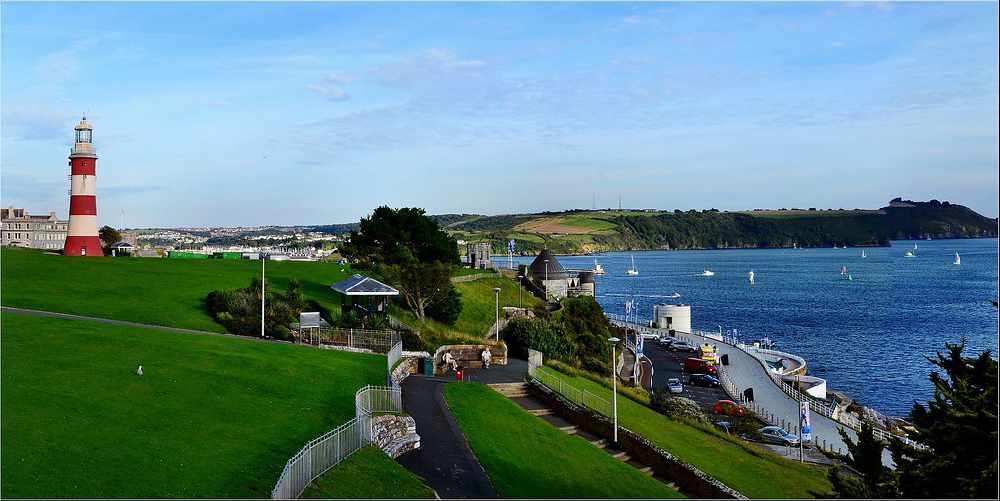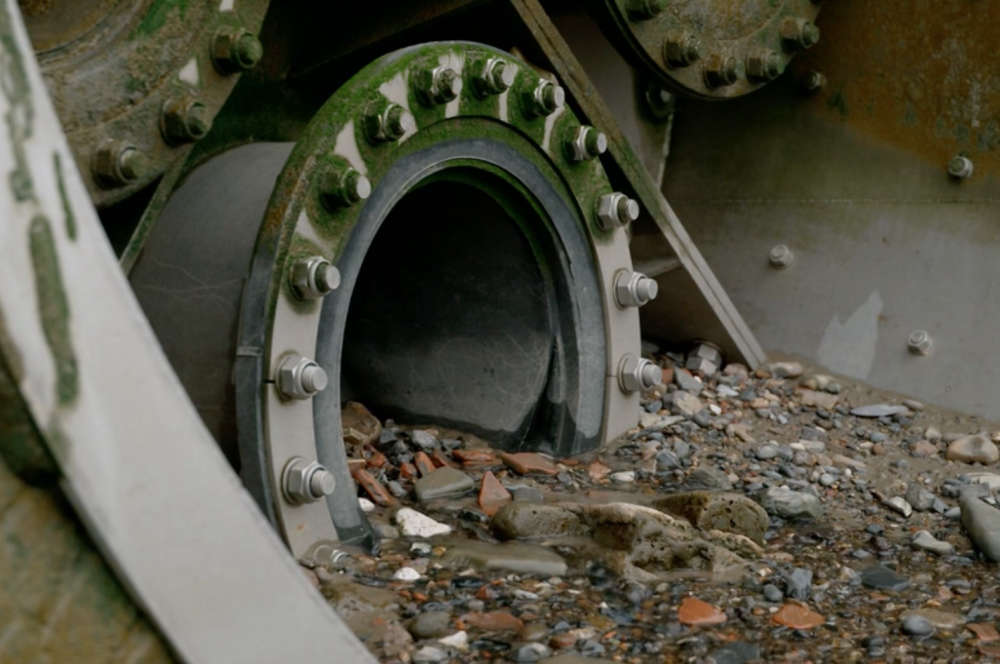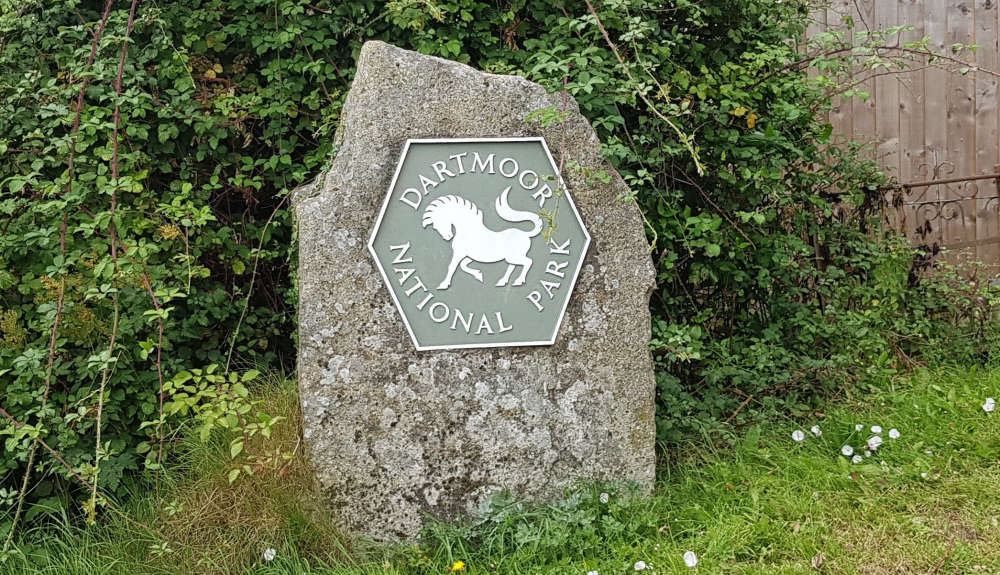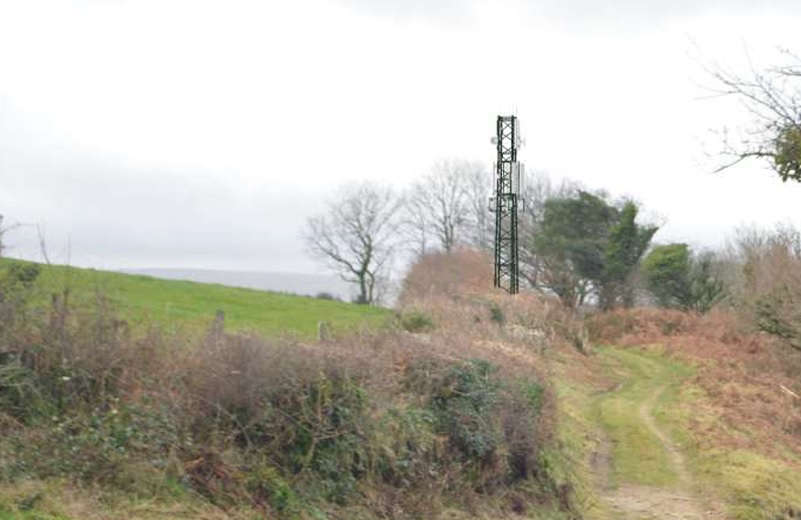
Housing for people who helped British forces
A leading housing charity has welcomed the announcement by Plymouth City Council that they are to participate in a new scheme to relocate Afghan citizens who worked as interpreters and translators during the conflict.
The scheme, called the Afghan Relocation and Assistance Policy (ARAP), was introduced by the Home Office and supports staff who worked with British Forces in Afghanistan, often in dangerous and challenging situations.
Plymouth Access to Housing (PATH) which supports people with housing needs in Devon said providing homes for people like this is the right thing to do.
Director of PATH, Mike Taylor, said: “I think anyone who is aware of what’s been happening in Afghanistan and the risks the interpreters took – themselves and for the families – working with British forces, would have a degree of sympathy and loyalty.
“I feel that they are people who really did put themselves at risk and you just have to hear members of the British forces talking about them and there’s a lot of mutual loyalty. And I think that we should really appreciate that and do the right thing by them.”
Plymouth is among several cities in the UK joining the scheme and a statement from Plymouth City Council said their involvement, “supports the city’s strong connections with the Armed Forces and further boosts our credentials as a welcoming city.”
Councillor Vivien Pengelly, cabinet member for homes and communities, said: “I am absolutely thrilled that Plymouth is set become part of this scheme.
“These people are heroes. The courage they have shown in helping our troops among complex communities in Afghanistan is rightly being rewarded and I look forward to welcoming them here to Plymouth to join our warm armed forces family.”
But Mike Taylor added that more needs to be done to tackle a chronic shortage of housing in general, not just in relation to relocating staff who worked for British forces abroad, which impacts on the most vulnerable people in society.
“Everyone who needs accommodation we need to find solutions for,” he said.
“There is scope to re-convert or convert and re-purpose buildings. Moving people into towns and city centres. And bringing life into them and using those otherwise empty buildings at a time when we need more housing.
“So there are opportunities around housing and homelessness and I’m really hoping that as a society we can embrace and prioritise those.”
The ARAP scheme ensures that, during the first 12 months in the UK, the staff and their families will be helped through an integration package to assist in adjusting to their new life in the UK, including finding work.
After completing the five years limited leave, they can apply for permanent residence in the UK, ensuring that they can settle permanently in Plymouth and continue to build their lives and future.
Participation in the scheme follows on from a similar project run between 2014 and 2016 which saw 16 households welcomed to Plymouth.
 City lose at home again
City lose at home again
 Upgrades to Plymouth storm overflows to take place
Upgrades to Plymouth storm overflows to take place
 Dartmoor finances facing biggest cut for years
Dartmoor finances facing biggest cut for years
 Rare curlews and martens are leaving Dartmoor - for now
Rare curlews and martens are leaving Dartmoor - for now
 Dartmoor phone mast gets the go-ahead
Dartmoor phone mast gets the go-ahead
